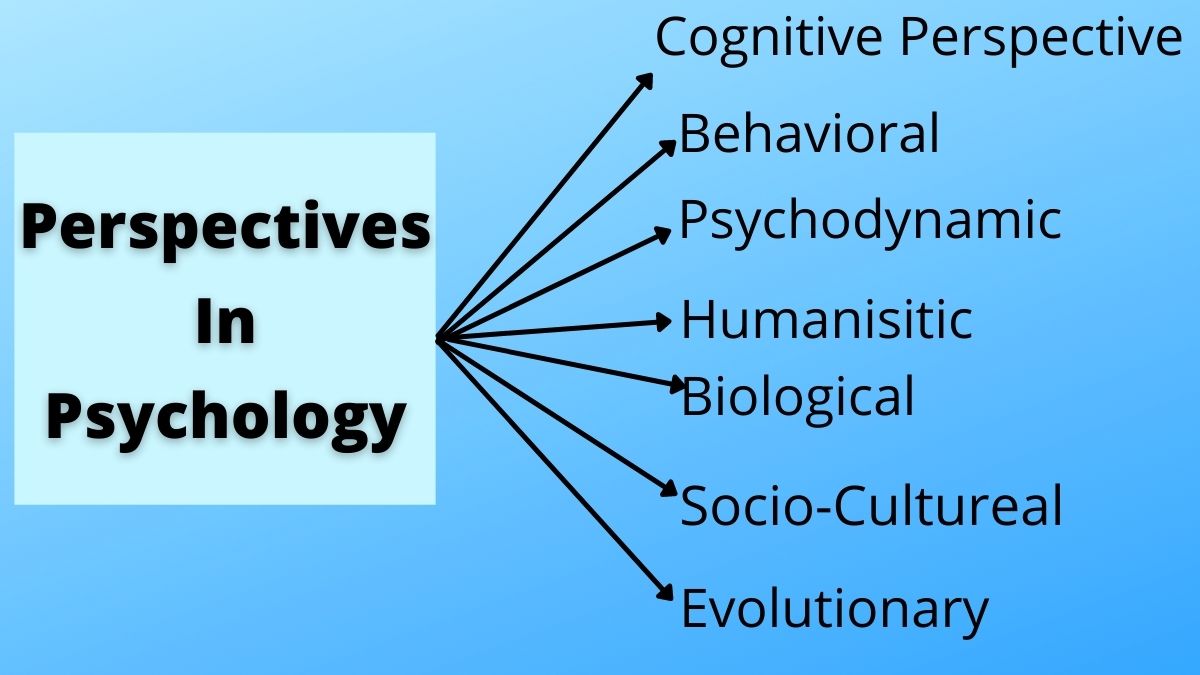Historical Perspectives in Psychology
Apr 20, 2023
This essay explores the historical perspectives in psychology. It begins by discussing the emergence and development of psychology, which began with the early Greek philosophers such as Socrates, Plato, and Aristotle. These thinkers laid the groundwork for modern psychological thought and research by first introducing principles that still serve as a foundation for many psychological theories today.
The next section will examine major contributors to the field of psychology such as Wilhelm Wundt, who is credited with establishing the first experimental laboratory dedicated to psychology in 1879. This was followed by Sigmund Freud's psychoanalytic theories of personality, which have had an immense influence on our understanding of human behavior and mental health.

Behaviorism also emerged during this time period through influential psychologists such as John B Watson and B.F Skinner, who focused on the study of observable behavior rather than internal mental states. This eventually gave rise to cognitive psychology in the 1950s, which studied how people think and process information.
The final section will discuss more recent developments in psychology such as humanistic psychology, which emphasizes a person's potential for self-actualization and respect for individual differences. Additionally, evolutionary psychology has become increasingly influential in recent decades, focusing on understanding human behavior through an evolutionary lens.
This essay concludes with a discussion of the importance of historical perspectives in psychological research. By examining the past contributions from major figures in the field, we can gain greater insight into our current understanding of human beings and their behaviors. Ultimately, this helps us to develop more effective treatments and interventions to address mental health issues and improve the well-being of people everywhere.
